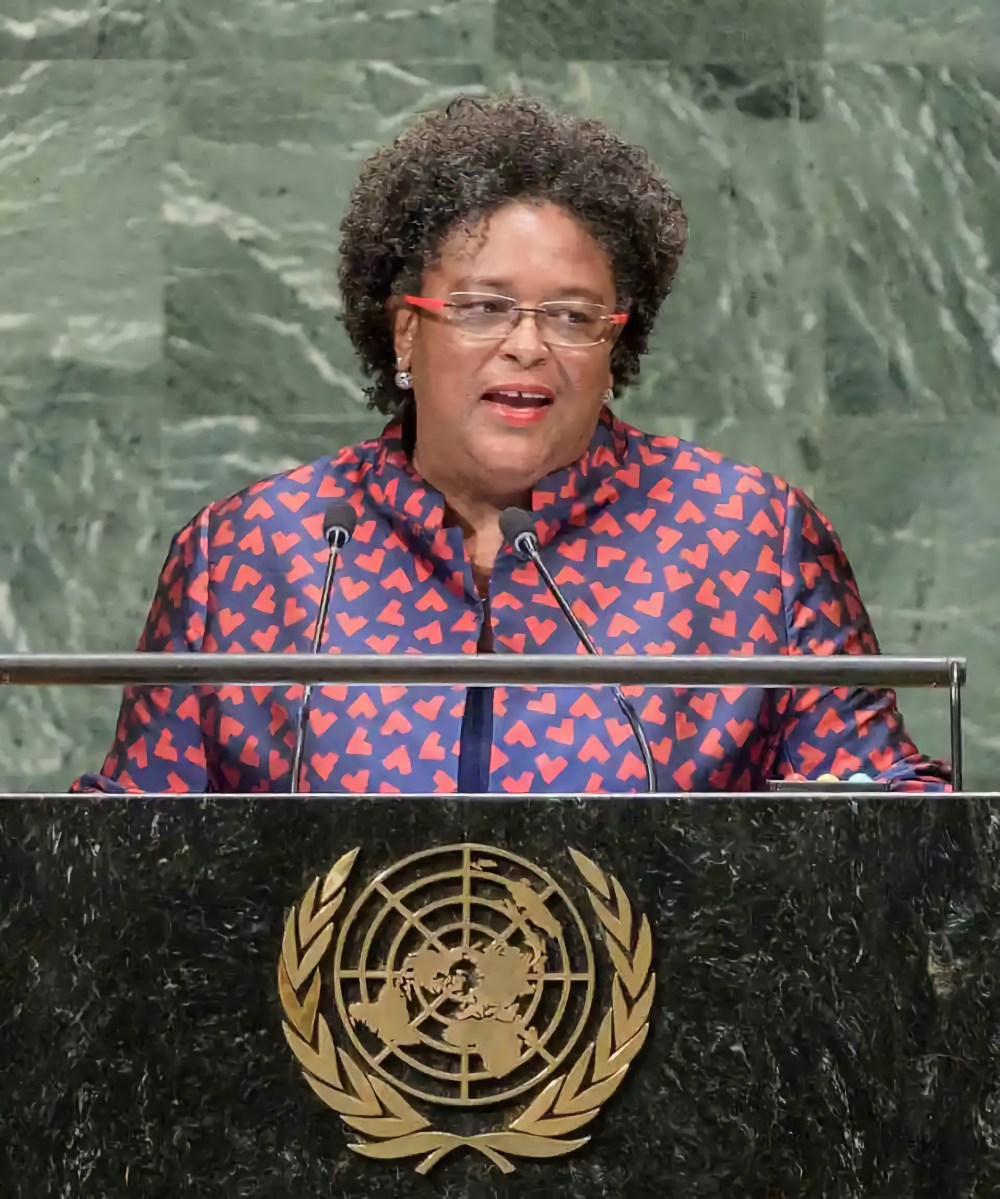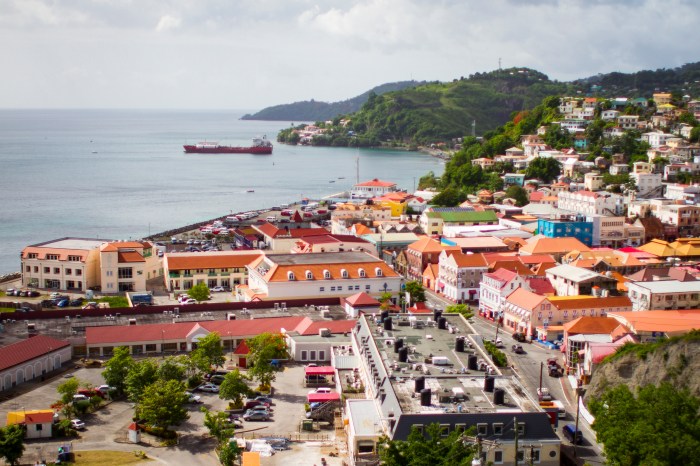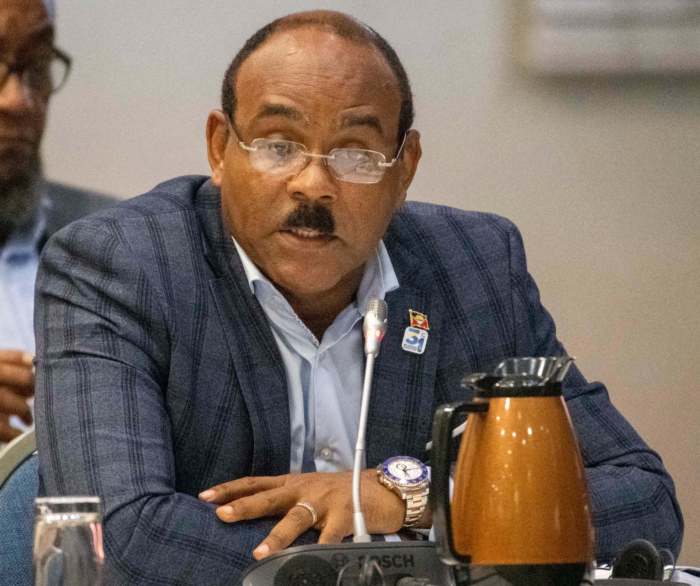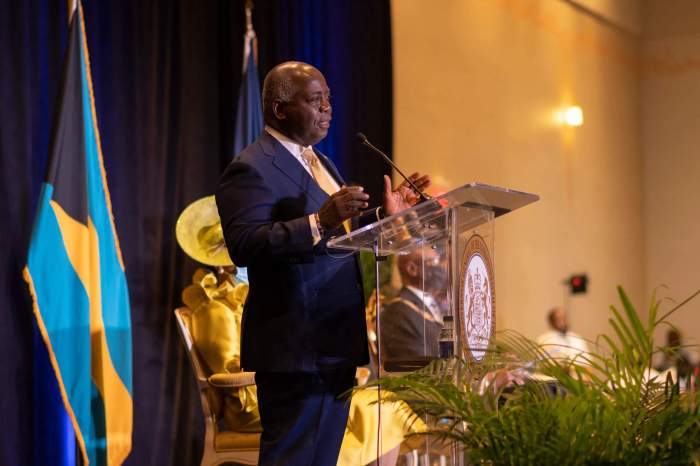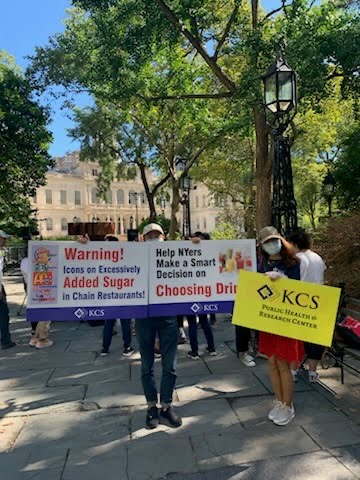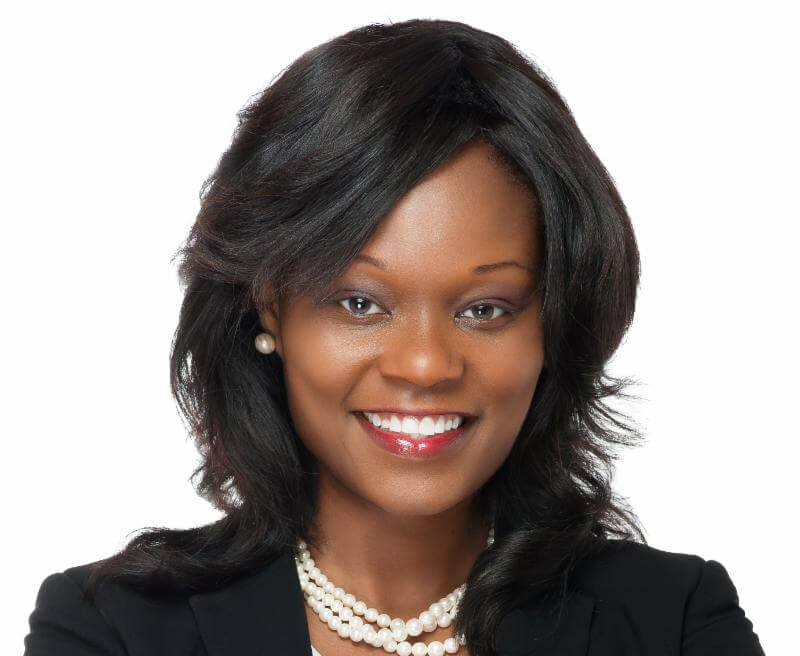Three Caribbean leaders aimed their proverbial ‘pistols’ at the developed world this week, calling for climate change financing and reminding anyone who would listen that the region is one of the smallest polluters on the planet but is still among areas hardest hit by an ever changing climate.
Ifraan Ali of Guyana, Gaston Browne of Antigua and Mia Mottley of Barbados all raised the climate change issue and its plethora of negative effects at meetings leading up to the start of sessions of the annual United Nations General Assembly in New York.
PM Browne, who has been a leading advocate of punishment for those who pollute and walk away, wagged a finger at big oil, warning that victim nations are going to pursue polluters to the bitter end. “Big oil, hear this: your days of exploiting the global south’s natural resources are numbered. The rich industrialized nations must pay for the loss and damage that have devastated our communities”, he added. He contended that the global governance concept needs to be reviewed to create a fairer and more inclusive multilateral system that “will benefit all countries rather than “increase the power of a few.”
Browne was among leaders of nine Small Island Developing Nations (SIDS) who had approached the International Tribunal for the Law of the Sea ITLOS) for an opinion on pollution, especially as it relates to marine pollution. The tribunal had ruled in their favor, suggesting that polluters bore responsibilities for their actions as damaged oceans can alter the earth’s atmosphere.
President Ali of Guyana, meanwhile, talked about climate, food and energy security as he addressed the preparatory meeting this week. “The task for us now is to move from ambition to action. Let us not rehash the climate story. We know it. We must act now. Climate finance commitments can no longer be postponed. Forests are an integral part of the climate solution, and it is time that a global market-based mechanism for carbon credit be put in place. Our global food security continues to deteriorate, and the projections are alarming. It is estimated that $90 billion in annual global financing will be needed between now and 2030 to provide a basic social safety net. If you’re not able to meet the basic need of feeding our people the entire agenda 2030 is in peril,” he said.
Not to be left out was respected global climate change and climate justice advocate Mia Mottley of Barbados as she called for a reset in how global institutions are governed as they are not properly serving and responding to crises and those most in need around the globe. “The distress in our institutions of governance, the mistrust between the governors and the governed, will continue to foster social alienation around the world over at the very time that we need to find as many people as possible to shape a new world,” Mottley said.
Feeling the effects of much warmed temperatures and increasingly more powerful storms each year, the Caribbean has been emerging as an influential voice on the world stage as it makes its case for carbon credit compensation and money for the developed world to pay for climate change damage for mega storms, floods and other natural disasters.


